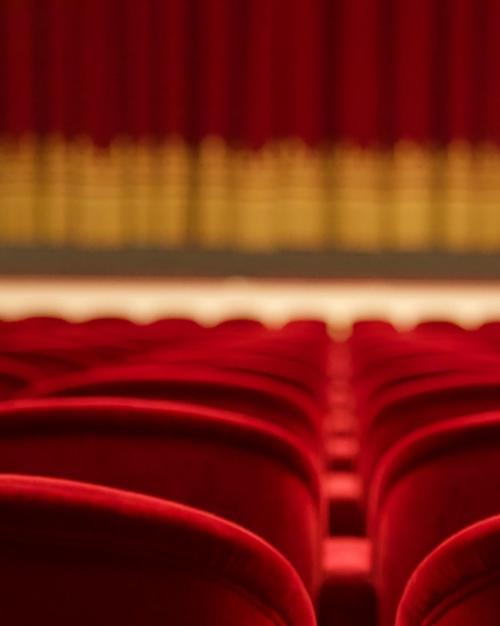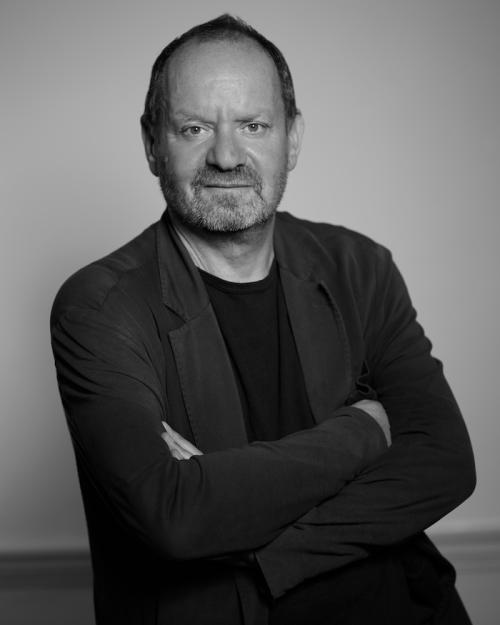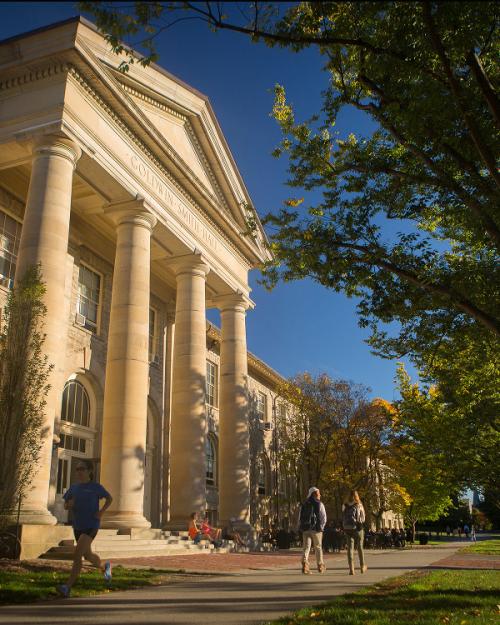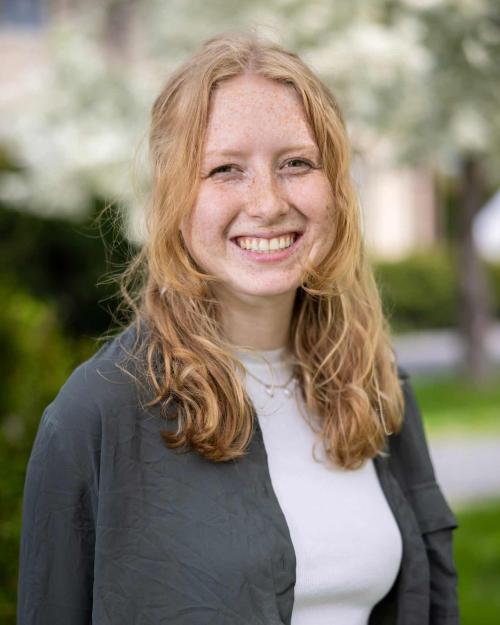Hannah Drexler
College Scholar & English
Lewisburg, Pa.
What is your main extracurricular activity and why is it important to you?
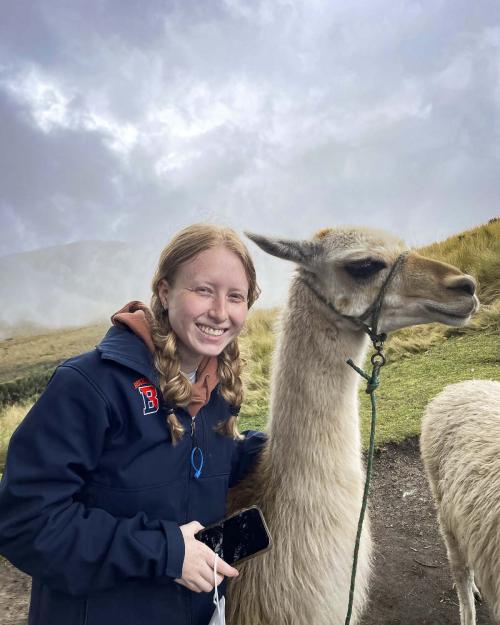
My main extracurricular activity is my work in a psychology and law research laboratory, Stephen Ceci's Cornell Child Witness and Cognition Lab, where I lead the "The Killing the Oblivious" team. My team researches the intersections of mental health and the capital punishment system, analyzing the demographic and legal factors that affect a capital defendant's likelihood of being deemed competent or incompetent to be executed. My lab is important to me because it symbolizes my growth during my time at Cornell. I joined Dr. Ceci's lab in the middle of my freshman year. All of the rules of research were new to me, and I focused on doing my work accurately and efficiently. Now, as a team leader, I manage and mentor a group of students, and I am excited to introduce ideas that can push our work in new directions. Our research, which deals with a particularly marginalized community and offers proposals for how the legal system should evolve to treat this community better, also regularly reminds me of the importance of research that gives back and advocates for the populations it studies, which is one of the most important lessons I will take away with me from my time conducting research at Cornell.
What Cornell memory do you treasure the most?
The Cornell memory that I treasure the most is the first meeting of the book club that I put together with a close friend of mine, Mckenzie Carrier. We gathered a group of 10 or so friends together in Mckenzie's living room, each with a copy of Sara Ahmed's "Killing Joy" and James Baldwin's "Sonny's Blues" in hand, and discussed fiction and theory together for two or three hours. To me, it felt like we had created a welcoming space where i could confess to having utterly no idea what was going on in a given section of a text, something I felt awkward about admitting in class (though I have gotten much better at this over time). I was also grateful to hear the ideas and thought-provoking questions of my friends, some of whom I had never been able to take a class with.
What have you accomplished as a Cornell student that you are most proud of?
The accomplishment I'm most proud of as a Cornell student is my self-designed major and senior honors thesis as a College Scholar. My thesis, and the major that led me to it, has changed many times over my three years in the College Scholar program. Initially, I was interested in the significance of names and labels, which then shifted into an interest in debates about so-called "Critical Race Theory" and public school history curricula, which finally led me to my work today on 21st century Black American historical fiction and its challenges to American ideologies about national progress. In the process of preparing for my thesis, I took classes in philosophy, anthropology, linguistics, government, comparative literature and Spanish, studying with faculty members across the college and learning how to form arguments and write in the specific ways that each of these disciplines required. Last spring, I presented a portion of my thesis research at the Richard Macksey National Undergraduate Humanities Research Symposium at Johns Hopkins, where I was thrilled to engage in conversations with undergraduates from schools across the United States who were also interested in the theoretical questions and arguments that literature can raise. At Cornell, I am grateful to have located similar communities in the College Scholar Program and the Humanities Scholar Program.
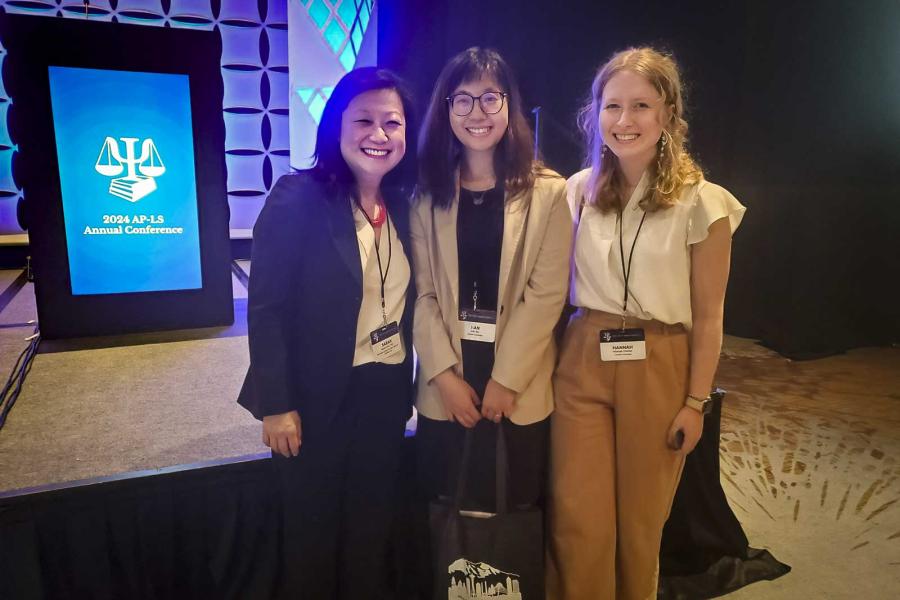
How have your beliefs or perspectives changed since you first arrived at Cornell?
When I arrived at Cornell, I was intimidated easily by people who studied in fields I did not know well and by those who knew much more than me about the fields that I loved deeply. I would halt myself before asking questions that I thought were silly, and I often hesitated before sharing my opinion in class or at a lecture, even if the topic of discussion was a text I had analyzed closely. Now, I still stop to think before I speak, and I still evaluate my questions before I raise them — I do not think these are necessarily bad behaviors — but I think much, much less about how I might be perceived for asking a "stupid" question or for misunderstanding a text's argument. I have embraced that I am here to learn, from both my professors and from the students around me. I also trust that if I have put in honest work and care about the subject, my basic questions are worth asking, and my misunderstandings are better off corrected than left sitting silently in the back of my mind. I've discovered, happily, that I am now much more concerned with gaining a deeper understanding of an issue or kickstarting an interesting discussion than I am with "being wrong."
If you were to offer advice to an incoming first-year student, what would you say?
There is no "correct" way to navigate your time at Cornell — but you should certainly spend your limited time here on the things that matter to you. If I could go back to freshman year, I would have worried less about being in the "right" places (as a pre-law student, as someone interested in public policy, as a nervous freshman), and I would have jumped more quickly into the organizations that are doing the things I am passionate about.
Every year, our faculty nominate graduating Arts & Sciences students to be featured as part of our Extraordinary Journeys series. Read more about the Class of 2024.


